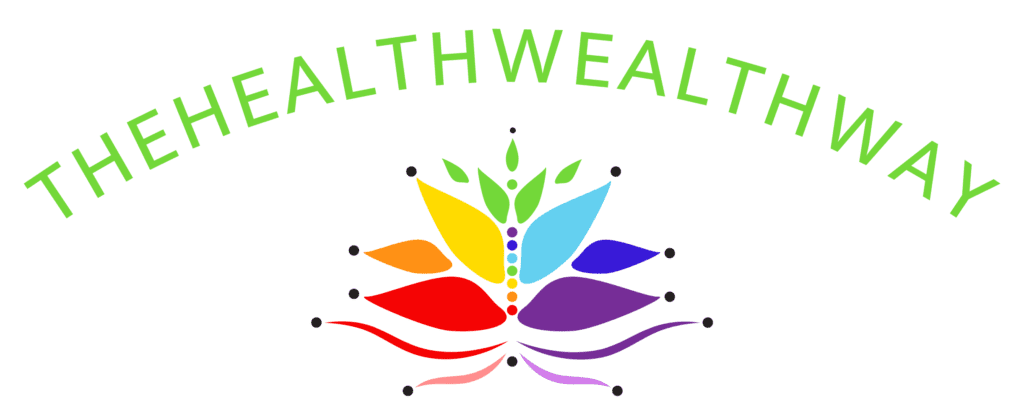In today’s sugar-laden world, the sweet allure of sugary treats can be hard to resist. However, the hidden costs of excessive sugar consumption on our health are alarming. From weight gain to increased risk of chronic diseases, the impact of sugar on our well-being cannot be underestimated. In this blog post, we’ll delve into the bitter realities of sugar’s effects on health and explore effective strategies to reduce our sugar intake without sacrificing taste or enjoyment.
The Bitter Truth about Sugar’s Impact on Health:
- Weight Gain and Obesity: Sugar, especially added sugars in processed foods and sugary beverages, contributes to excess calorie intake. These empty calories provide little nutritional value, making it easier to consume more than we need. Over time, this can lead to weight gain and obesity, which in turn increases the risk of various health issues, including heart disease, diabetes, and joint problems.
- Blood Sugar Spikes and Crashes: Consuming sugary foods causes rapid spikes in blood sugar levels, leading to a burst of energy followed by a crash. This roller-coaster effect can leave you feeling fatigued, irritable, and craving more sugar to regain that fleeting energy boost.
- Dental Decay: Sugars are a primary fuel for harmful bacteria in the mouth, leading to the production of acids that erode tooth enamel and cause cavities. Limiting sugar intake is crucial for maintaining good oral health.
- Increased Risk of Chronic Diseases: Excessive sugar consumption has been linked to an increased risk of chronic conditions such as type 2 diabetes, cardiovascular disease, and fatty liver disease. These health issues can significantly impact the quality and longevity of our lives.
Strategies to Reduce Sugar Intake:
- Read Labels: Pay close attention to food labels to identify hidden sugars. Ingredients like high fructose corn syrup, cane sugar, and various syrups often disguise the true sugar content of packaged foods.
- Choose Whole Foods: Opt for whole, unprocessed foods like fruits, vegetables, lean proteins, and whole grains. These foods are naturally low in added sugars and provide essential nutrients for overall health.
- Limit Sugary Drinks: Sodas, energy drinks, and sugary coffee beverages can contribute a significant amount of added sugars. Replace these with water, herbal teas, or sparkling water with a splash of citrus for flavor.
- Cook at Home: Preparing meals at home gives you control over the ingredients and allows you to choose healthier alternatives to sugar-laden sauces, dressings, and condiments.
- Choose Natural Sweeteners: When sweetening foods and beverages, consider using natural alternatives like honey, maple syrup, or stevia in moderation. These options have a lower glycaemic index and offer a milder impact on blood sugar levels.
- Practice Mindful Eating: Pay attention to your body’s hunger and fullness cues. Mindful eating can help you differentiate between true hunger and emotional triggers that lead to excessive sugar consumption.
Conclusion: The bitter truth about sugar’s impact on health underscores the importance of taking proactive steps to reduce sugar intake. By making mindful choices and embracing whole, nutrient-dense foods, you can enjoy the benefits of sustained energy, improved overall health, and a reduced risk of chronic diseases. Remember, small changes in your dietary habits today can lead to significant positive changes in your health and well-being tomorrow.






This Post Has 2 Comments
Very well written! The insights provided are very valuable. For additional information, check out: LEARN MORE. Looking forward to the discussion!
priligy amazon uk Lawerence, USA 2022 06 18 10 03 03